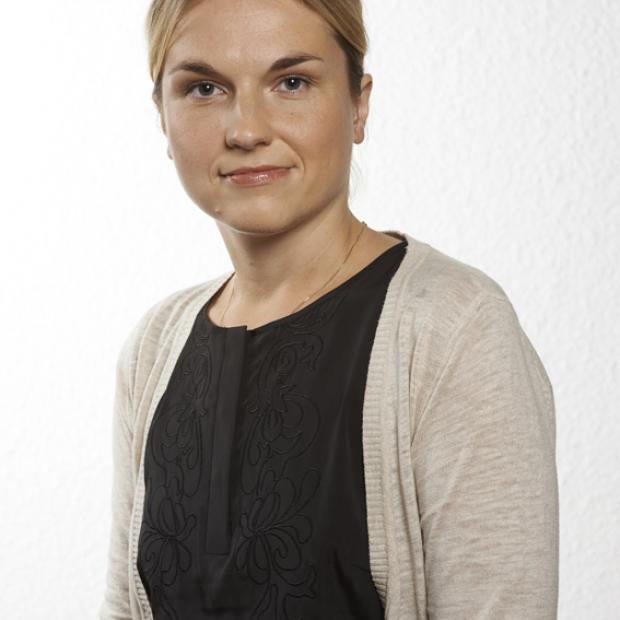Doctoral dissertation: surveyed police officers consider environmental crimes less important than conventional types of misconduct
On Monday, Birgit Vallmüür, doctoral student of the School of Governance, Law, and Society of the Tallinn University, defended her doctoral dissertation that focused on green police integrity, more specifically on the tendency of authorities to resist the temptation to exploit their position in a way that would cause unjustified damage to the environment.
For example: would it be correct behaviour if a patrolling police officer sitting in their car at night noticed that a truck carrying a septic tank is releasing liquids into a stream, told their partner that this is not a job for them, but for environmental officials, and chose to not report the occurrence? What about a police officer carrying out a spring cleaning in their home on their day off and burning old furniture and tires in their backyard?
Conventional police integrity is researched widely in the world and a methodology is in use, based on which law enforcement organisations are comparable internationally. Before Birgit Vallmüür’s doctoral dissertation, however, environmental crimes and their connection to police work were entirely excluded from all research.
Formally, environmental protection is a major global priority. ‘At the same time, however, environmental crimes are not only extensive, but also expanding. Security elite, however, tend to underestimate their severity and tackling environmental crime is generally considered of little importance at law enforcement institutions,’ the author of the dissertation explains.
The doctoral dissertation focuses on the establishment of a theory of green police integrity and includes Estonia as an example. Birgit Vallmüür piloted the research instrument at the Estonian Police and Border Guard Board and surveyed the officials working there.
According to Vallmüür’s data, the police officers who took part in the survey tended to consider various event descriptions of green police integrity less severe in comparison with conventional scenarios.
The respondents were least sure of the conventional misconduct scenario (a police officer is popular and valued in the local community and receives gifts, e.g. in catering companies, as tokens of gratitude) being considered misconduct in their organisation. According to Vallmüür’s data, the police officers who took part in the survey were even less sure about scenarios of green police integrity being considered misconduct in their organisation.
This alludes to the possibility that rules regulating environmental crimes and supervision over them were not introduced to officials participating in the survey in as much detail as those related to conventional misconduct, the author of the dissertation explains.
The doctoral dissertation emphasises the necessity to focus on environmental crimes in the context of law enforcement and presents guidelines for the further development of green police integrity. The thesis also establishes a theory that highlights the aspects of law enforcement institutions that relate to the high level of green police integrity or support the achievement thereof. In addition, Vallmüür created a survey instrument that allows measuring green police integrity globally as well as in single law enforcement institutions and subunits.
The dissertation is novel in the entire field of police integrity, as it used the viewpoint of green criminology, demonstrating its differences from mainstream criminology and describing its effect on the methodology of green police integrity.
The public defence of ‘A Theory of Green Police Integrity’, the dissertation of Birgit Vallmüür, doctoral student of the School of Governance, Law, and Society of the Tallinn University, took place on Monday, 3 June, at room M-648 of the Tallinn University.
The supervisor of the doctoral dissertation is Sanja Kutnjak Ivković, one of the authors of the theory of conventional police integrity and professor at Michigan State University. Opponents are Branko Lobnikar, associate professor at the University of Maribor, and Tara O’Connor Shelley, associate professor at Tarleton State University.
The doctoral dissertation is available at ETERA, the environment of the Tallinn University Academic Library.




